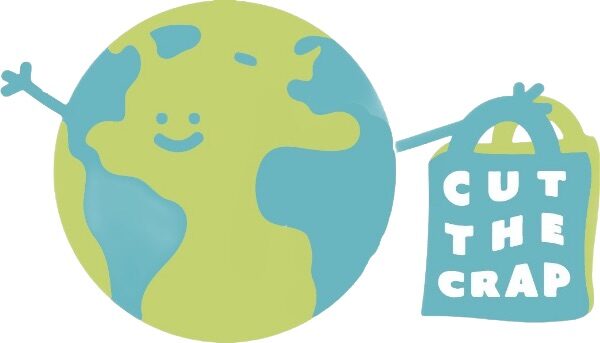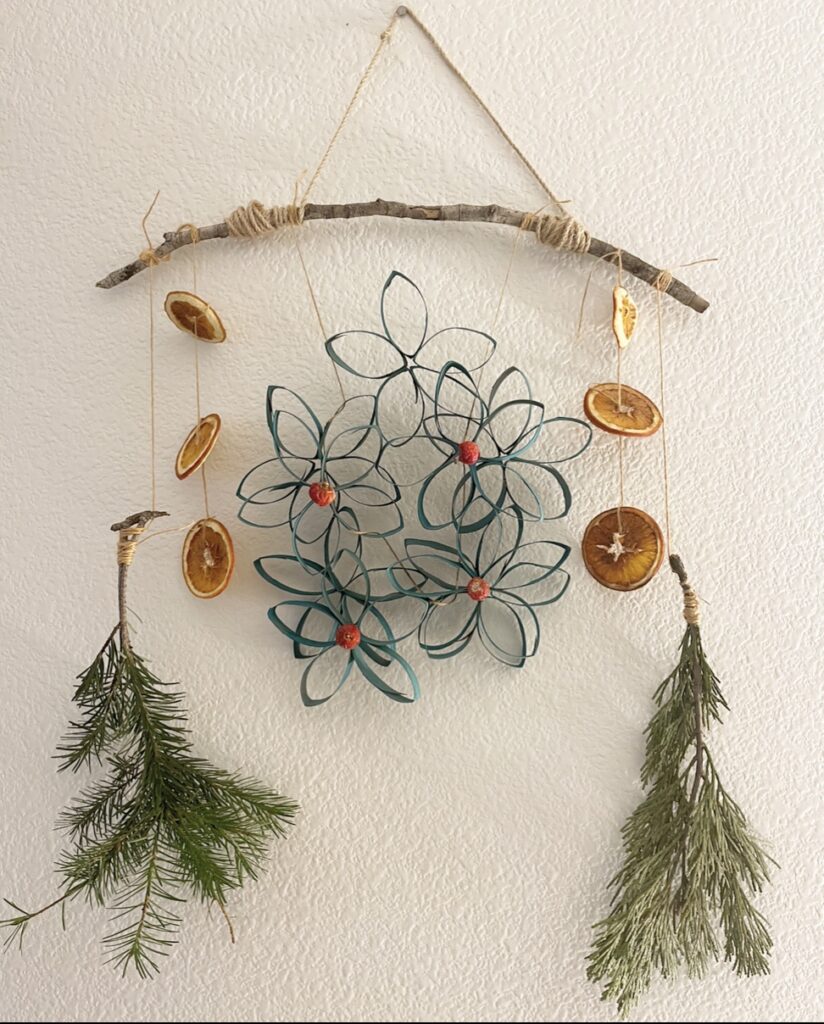
Rebecca Heykes: Vegan Shoemaker
Rebecca Heykes is a vegan shoe maker aspiring for a more sustainable future. She lives in New Jersey, running a made-to-order shoe business called Loyal Footwear. It is both eco-friendly and unbelievably cute. Recently featured on Project Runway, Rebecca has a creative outlook on shoes that the world clearly wants to hear and see!
Buying second hand is always the answer. Buying something that was already created is always going to be more sustainable. But when you can’t buy second hand, choosing items that are created with ethical materials and are made for longevity is next best.
Continue reading to learn more about the materials and practices that Rebecca is using to create change in the fashion industry!
Meet the activist
While Rebecca was always a creative child, her love for being a creative “maker” started when she was in industrial design school. In her words, design school teaches you how to solve problems and get results. Her career started off with working for large fashion corporations, which had it’s pros and cons. She got to experiment with many techniques and skills while working for these large corporations, but was exposed to the reality of unnecessary waste in the fashion industry.
Shoes were something that always stuck out to Rebecca when she would take apart things from thrift stores. Not only was shoe-making complex, she realized that so many shoes are not made with durability or longevity in mind. This inspired her to go back to school in London to learn historical methods of shoe-making.
“It is a good thing to learn the history of something before you can start to think about how it should be improved for the reality we are in today.”
After school in London, Rebecca decided to go to New York because a lot of major shoe companies are there. She went straight into the shoe industry, working with companies that made their shoes abroad in China. Her main takeaway from that three year period was that she learned a lot about things that are good, and a lot about things that are bad.
Rebecca realized that she was misguided on what sustainability was, especially in the shoe industry. The impact of leather was a huge issue recognized early on, which is why Loyal Footwear uses leather alternatives and materials that have low impact scores. She uses the Higg Index, which measures environmental emissions, water use and creation of wastewater/effluent, air emissions, waste, chemicals and social impacts across the life cycle of an apparel and footwear product.
After dabbling in the “industry”, Rebecca joined a local co-working space to get back into craftsmanship. She worked corporate during the day, and did shoe craftsmanship at night. During this transition, she decided to incorporate sustainability into her shoe designs and work. Years of transformation and research were required to be able to launch her vegan footwear brand, Loyal Footwear. After building the business with an all-women team, Rebecca now runs the business alone and is kicking butt! What I admire about her most is the fact that she is so open to changing her materials and methods as the times change, and sustainable materials become more and more accessible.

Making sustainable shoes
When you combine something biodegradable with something durable, it both has a longer life cycle and a less impactful life. Rebecca uses mostly plant-based and recycled materials, but these often need other ingredients added to make it functional and durable. Even though the materials are not 100% composable, they overall reduce plastics and other chemicals common in the shoe industry.
When something is durable and lasts a long time, it tends to be inherently more sustainable because you don’t have to purchase a new pair of shoes every single year. Loyal Footwear’s shoes are able to be resoled, keeping shoes out of the landfill and in your life for a lot longer than the average pair!
The plant-based leathers that Rebecca uses are Piñatex, Desserto cactus leather, and apple leather. Piñatex is made from 99% plant material, making it one of the most sustainable alternatives on the market right now in terms of biodegradability. Because of its high percentage of plant material, it is not as soft or pliable as the other plant leathers that are mixed with cotton and synthetic fibers. Microfibers are another leather alternative that she uses, and they are a super integrated and strong material. Microfiber leather can make unlined shoes, which reduces materials and waste.

This graphic uses the Higg Index to rank all of these materials based on the environmental impact over the whole life-cycle of the material.
“The pursuit of perfection in sustainability is nearly impossible”.
Rebecca says that some people think if we can’t be perfect, why bother trying? She doesn’t like this attitude because small changes are wins, and help spark a larger discussion. It is also important to understand that our future most likely will include plastic materials, as they are a key to modern durability in most industries. This does not mean that we should allow the reliability we have on single use plastics and packaging to continue. There needs to be regenerative systems in place that significantly minimize the impact we have on the planet.
People really want to justify the use of leather, but third party research always comes up with leather being more polluting than most other shoe making materials. This is due to the amount of water and chemicals used to make animal leather able to be utilized as a fabric. This is a topic I can (and will) create a whole article on in the future!
There is an exciting new innovation on the horizon to please true leather fanatics, and it’s name is mushroom leather! Reishi mushrooms have a similar fibrous structure to animal leather, which is going to dramatically change the leather alternative market for shoes and clothing. It is integrated, pliable, strong, and durable. These innovative minds using the mushrooms are partnering with tanneries to try and apply some of the same concepts to the plant-based leather, making it a workable material for makers.
Rebecca knows other makers who have seen the data from the Higgs index, but kind of turn a blind eye to the issue. Mainly due to the fact that artists want to keep using the materials they are comfortable and familiar with. She understands that people get overwhelmed and stuck because some of these newer, eco-friendly materials are hard to get as a small maker.

For example, when Rebecca first started looking for apple leather, the producers had really high minimum order amounts – 500 meters! This is way too much material for an independent maker, so she had to wait until their minimum order was more accessible from smaller distributors who sell amounts as small as 10 meters. Piñatex was a similar story in 2018, but now Piñatex has a whole website with minimum orders of 1 meter in a plethora of colors. This shows hope and widespread acceptance of these alternatives!
Rebecca aspires for a future where these high-quality leather alternatives are going to be incorporated into luxury, handmade shoes that are so popular today. We need to incorporate sustainable and regenerative practices into our deep cultural norms.
“For people to feel like they can keep their cultures and traditions, the alternative needs to be a really good approximation”.
We need to get to the level where alternatives are not inferior to high end materials, that way they will be competitive and sought after by the masses.
Advice from an activist
Watch below to hear Rebecca’s advice for anyone who wants to use their skills to create change about what they are passionate about!
Project Runway experience
I asked Rebecca if she had noticed any of the other Project Runway designers discussing sustainable or vegan practices. As far as she knows, she was the only artist who was actively using vegan, sustainable crafting materials for their work. She credits being surrounded by like-minded sustainability enthusiasts and activists for her awareness of the issue and how her business could shift the conversation in the shoe-making space.
She realized that we don’t need to tiptoe around things being vegan, we need to be bold about it. That’s why she put her title as Vegan Shoemaker. It could be seen as a polarizing title that could spark conversations, and make people think about the future of the fashion industry.

While Rebecca didn’t notice a conversation about sustainability, she definitely believes that it is an interest and thought in the back of people’s mind. Some of the artists did their work made-to-order, which is a system that is an eco-friendly win. This is because you are eliminating warehouses full of unused inventory, and making sure no products “go bad”.
Starting a small business that leads by example, like Loyal Footwear, shows large corporations what can be done in the industry. It also shows people that there are other options out there, and will continue to be new innovations in the future..
Watch the Project Runway episode that Rebecca is featured on here.
Reflection
The most rewarding thing about Loyal Footwear is when what she is doing resonates with someone so much that they feel willing to purchase a pair of her shoes. It is a commitment right now with her deposit method, but it allows her to really connect with and personalize each customer’s experience. She calls it a journey, which shows me how passionate she is about her mission.
Rebecca finds that her work feeds into more reward because she is a maker and finds joy making things and being a part of every creative process. She is grateful for everyone who has purchased a pair of shoes and invested in her mission because she gets to live her life and work in a creative flow space. She credits her husband for providing her with a support system to be able to do this as a career and full-time job. Her husband encouraged her into going back into the creative space to make shoes!
Rebecca said, “If you’re thinking about it [sustainability] and its in the back of your mind, it is going to slowly start trickling into every decision that you make”.
This really resonated with me, and really is the epitome of why I started Cut the Crap. We all have the power to make change. Whether it be by creating a whole career around it, or by supporting others who do and instead keeping the conversation alive.

Further resources to explore
Apps:
Instagram Accounts:
@loyalfootwear
@collectivefashionjustice
@thesustainablefashionforum
Thanks for reading, and don’t forget to follow Loyal Footwear on Instagram! Do you know an amazing activist, or want your mission featured here on Cut the Crap? Reach out through the Contact page!



